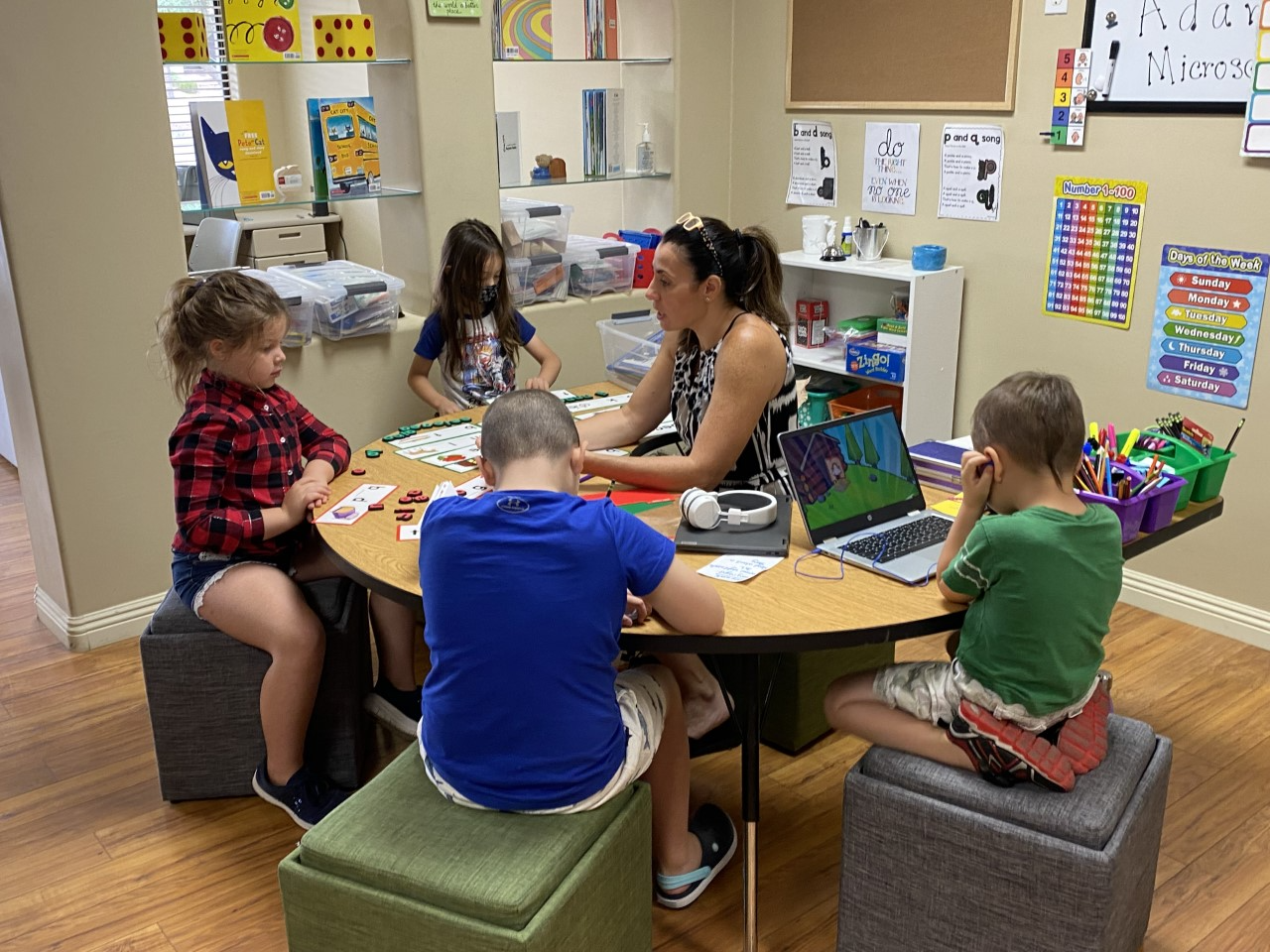If you’ve had a conversation about education recently, the concept of micro schools might’ve come up. As families continue to deal with a changing educational landscape, many are searching for flexibility, safety, and a sense of community in a smaller, local learning environment. Last year, micro schools were just a temporary stop-gap to provide social interaction for kids and child care coverage for parents until schools could reopen, but as families search for flexibility post-pandemic, micro schools are here to stay.
READ ALSO: Ranking Arizona: Top 10 charter and private schools for 2021
Adamo Education, the next evolution of learning, currently has a micro school that serves students in grades K-8 in Fountain Hills, but the concept has garnered so much interest from families and teachers across the Valley, additional locations are currently being planned in Queen Creek and Arcadia for next school year.

In fact, the micro school concept is taking off across the nation. If you’re not familiar with the multi-age micro school, it’s a concept similar to the one-room schoolhouse from decades ago. Below are five more interesting facts about micro schools.
1. Micro schools provide flexibility for families and students: Innovated for flexibility, the micro school might meet for a few hours each day or for three full days a week depending on the needs of students, families and their teachers.
2. Micro schools are taught by a certified teacher: While each micro school may vary, Adamo Education’s certified teachers work in partnership with EdKey, Inc., a large charter school network, to strengthen minds using proven, evidence-based, engaging digital curriculum aligned to state standards. Because micro schools are small, students receive far more individualized attention than they would receive in a traditional school.
3. Micro schools combine traditional, digital and at-home learning: Students receive hands-on learning from their certified teachers while in-person and the digital platform empowers students to complete assignments on their own time and continue progressing remotely, if needed.
4. Micro schools allow students to interact and learn with students outside of their age group: Students gain higher levels of self-esteem and develop positive self concepts as they work collaboratively with peers outside of their typical age groups.
5. Micro schools can customize and personalize learning for individual students: Utilizing data, teachers can develop a learning plan for students to help remediate gaps in learning, or provide enrichment opportunities. Students’ interests guide the development of project-based learning opportunities which ignites their love of learning.
Author: Tamara Becker is an educator with 25 years of experience in traditional, charter, online and hybrid school models and the founder of Adamo Education. Adamo Education is the next evolution of learning, combining the best elements from traditional, online and home school education models to create a positive, personalized environment where children love to learn. With proven curriculum and instruction led by certified educators, Adamo Education connects children to the world around them with in-person multi-age classrooms across the Valley. To learn more, visit adamoeducation.org.




